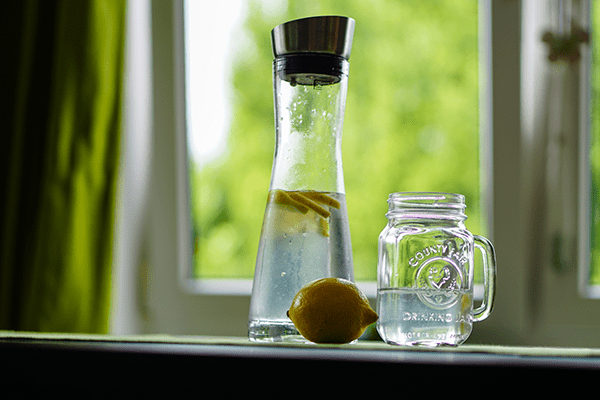How Radishes Support Digestion & Gut Health
Radishes might not get as much attention as other vegetables, but when it comes to gut health, they’re a powerhouse. These crunchy, peppery root veggies are packed with fiber, water, and natural compounds that support digestion and keep your stomach feeling great. Whether you add them to salads, slice them into sandwiches, or enjoy them as a snack, radishes are a simple way to give your gut a little extra love.
At assisted living Portland, we encourage residents to incorporate gut-friendly foods into their diets because a happy digestive system leads to better overall health. And radishes? They’re one of the easiest ways to boost digestion naturally.
Packed with Fiber for Smooth Digestion
One of the biggest benefits of radishes is their fiber content. Fiber plays a crucial role in keeping digestion on track, preventing constipation, and keeping the gut microbiome balanced.
Soluble fiber in radishes feeds good gut bacteria, promoting a healthy digestive system.
Insoluble fiber helps move food through the intestines, preventing bloating and sluggish digestion.
A single cup of radishes provides about 2 grams of fiber—small but mighty when combined with other fiber-rich foods.
We often recommend fiber-rich foods like radishes in assisted living to support regularity and digestive comfort.
A Natural Detox for the Liver and Stomach
Radishes are known for their detoxifying properties, helping the liver and stomach flush out toxins more efficiently.
They stimulate bile production, aiding digestion and fat breakdown.
Their high water content helps hydrate the digestive tract and prevent bloating.
Compounds like glucosinolates help cleanse the liver and reduce harmful bacteria in the gut.
Adding radishes to meals can support the body’s natural detox process, keeping digestion smooth and comfortable.
Soothing Digestive Discomfort
Radishes have natural anti-inflammatory properties that can help ease bloating, gas, and stomach discomfort. They’re gentle on digestion and can be especially beneficial for seniors dealing with sluggish digestion or acid reflux.
How to enjoy radishes for gut health:
Add thin slices to sandwiches or tacos for a crunchy boost.
Mix into coleslaw or salads for extra fiber and hydration.
Roast them for a milder, slightly sweet flavor that’s easier on sensitive stomachs.
Blend them into soups for a subtle digestive boost.
At retirement home Portland, we love introducing residents to new ways of enjoying radishes, whether raw, cooked, or blended into meals.
Radishes may be small, but they pack a big punch for digestive health. Their fiber, hydration, and detoxifying properties make them a fantastic addition to any gut-friendly diet. So, next time you see them at the grocery store or on your plate, don’t overlook these tiny nutritional powerhouses!



















